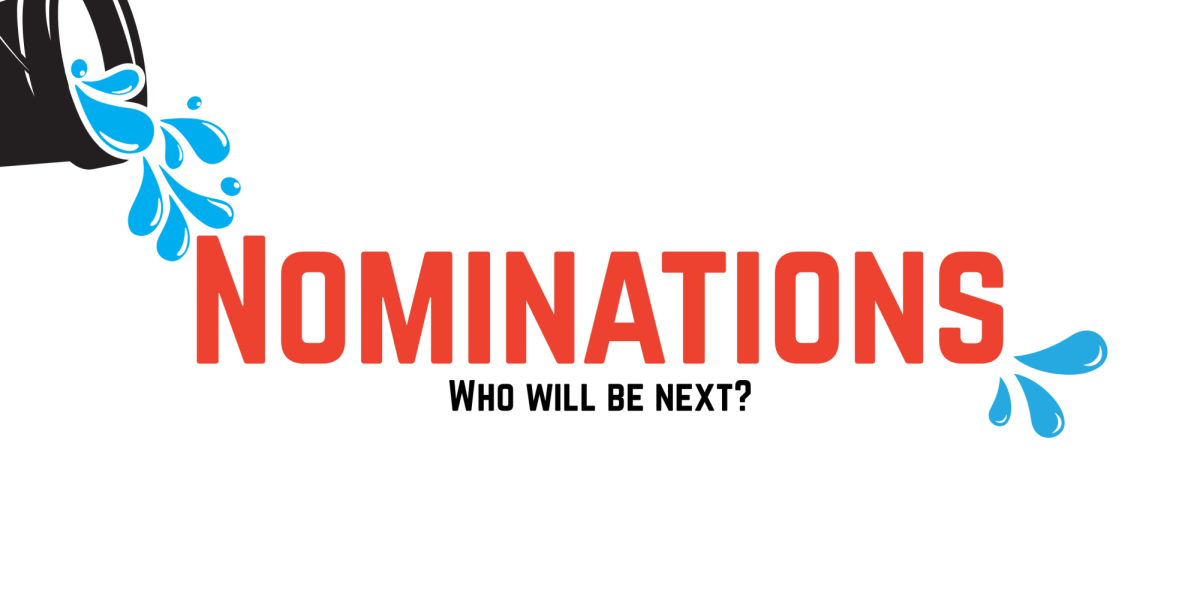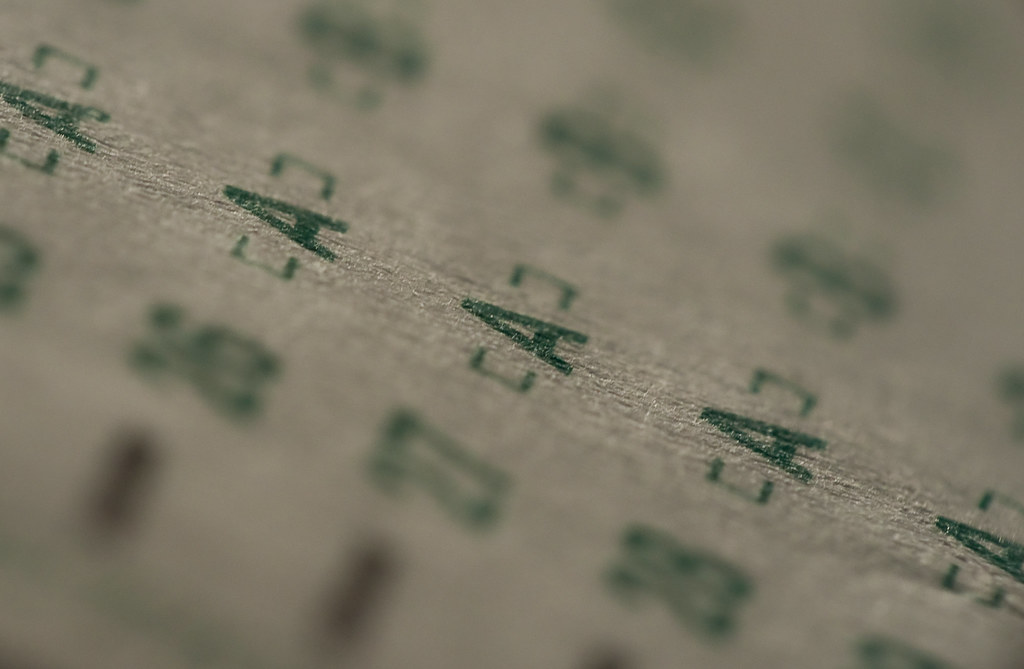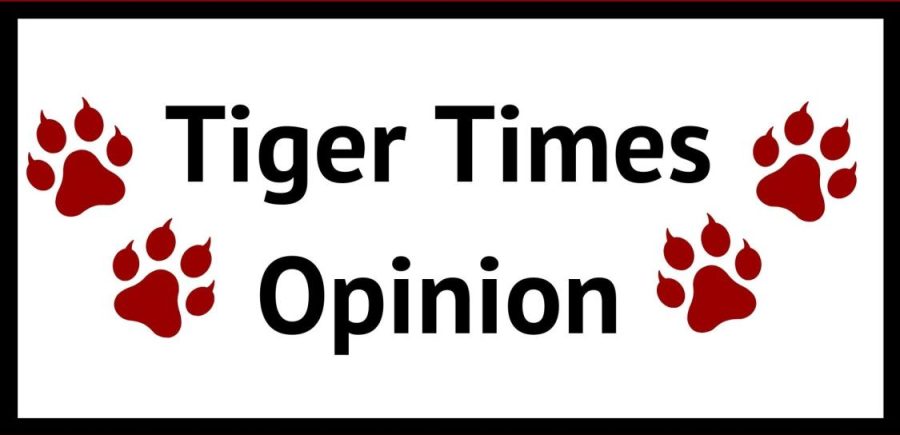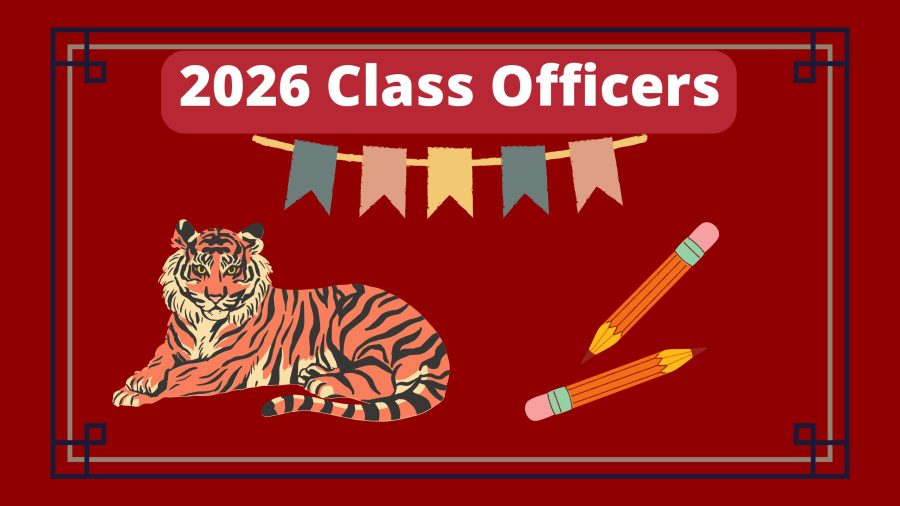As the new year approached many people hoped that 2013 would bring them good fortune and a higher paycheck. Some of these people are working students that did not take into consideration that on Dec. 31 2012, the fiscal cliff could go into effect.
Fiscal cliff is a term used to describe the combination of tax cuts and government spending, according to www.investopedia.com. Although the fiscal cliff did not go into effect, the payroll tax was still enacted. it added a two percent tax rate to every working person’s paycheck, lowering the amount of money an employee receives. Many, like sophomore Camila Adni are very upset about this.
“I already get paid minimum wage, yet I work as much as everyone else of my colleagues, so an extra two percent knocked off my paycheck would put a gap in my pocket,” Adni said.
If the fiscal cliff were to pass, not all the debt would have been paid off with higher tax rates. Approximately 60 percent of the deficit reduction, that fiscal cliff was established to do would be taken from tax increase, while the other 40 percent would be taken from sequestration, the action of taking possessions forcibly until debt is paid off. Although many are not happy about this, some do believe it will have a positive outcome in the long run













